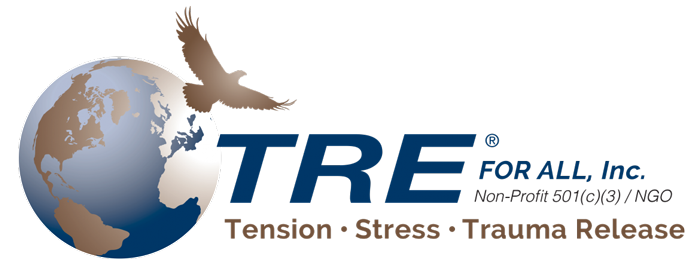TRE Advanced Days
The goal of advanced days is to help you deepen into your practice and understanding of TRE. They are open to anyone who has attended a 3 day TRE Module 1 course or has a strong TRE self practice.
Each day will be a mix of personal practice of TRE, lectures on associated theory, discussion of your own responses to TRE and observing and supporting others through the TRE process.
Each day is a stand alone workshop, so you can attend any single day.
Attending one supervision day can count as one personal supervision session (to be agreed with your supervisor) towards your Certified TRE Provider accreditation.
TRE Advanced Day: Pain Is Really Strange
Date: Thurs-Fri 5-6 Oct 2017, 9.30-5.30pm
Tutor: Steve Haines
Venue: Columbia Hotel, 95-99 Lancaster Gate, London, W2 3NS
Cost: FULL PRICE –£240.00
Register: HERE
Steve Haines has been working in healthcare for over 25 years and as a bodyworker since 1998. He is the co-author of ‘Cranial Intelligence’ and author of the short graphic books ‘Pain Is Really Strange’ and ‘Trauma Is Really Strange’. Understanding the science of pain and trauma has transformed his approach to healing.
How can we help people be in less pain? This is a really big question.
Pain occurs when the intelligence in the body decides something is unsafe. Chronic pain is usefully thought of as a reflex or habit that is out of sync with the current state of the tissues. Chronic pain is a fault in the alarm systems.
The model offered in this workshop is that if we can safely feed the brain essential sensations about the body we can break cycles of pain. This workshop will explore where the information comes from that helps the brain feel and the best ways to stimulate pathways that enhance the control of the body.
Understanding pain – ‘Pain is an output’.
Understanding sensitisation in the nervous and immune systems.
Explaining pain to your clients. Using metaphors and science.
Principles to change pain – education, graded exposure, precision in movement, being creative, keeping moving.
